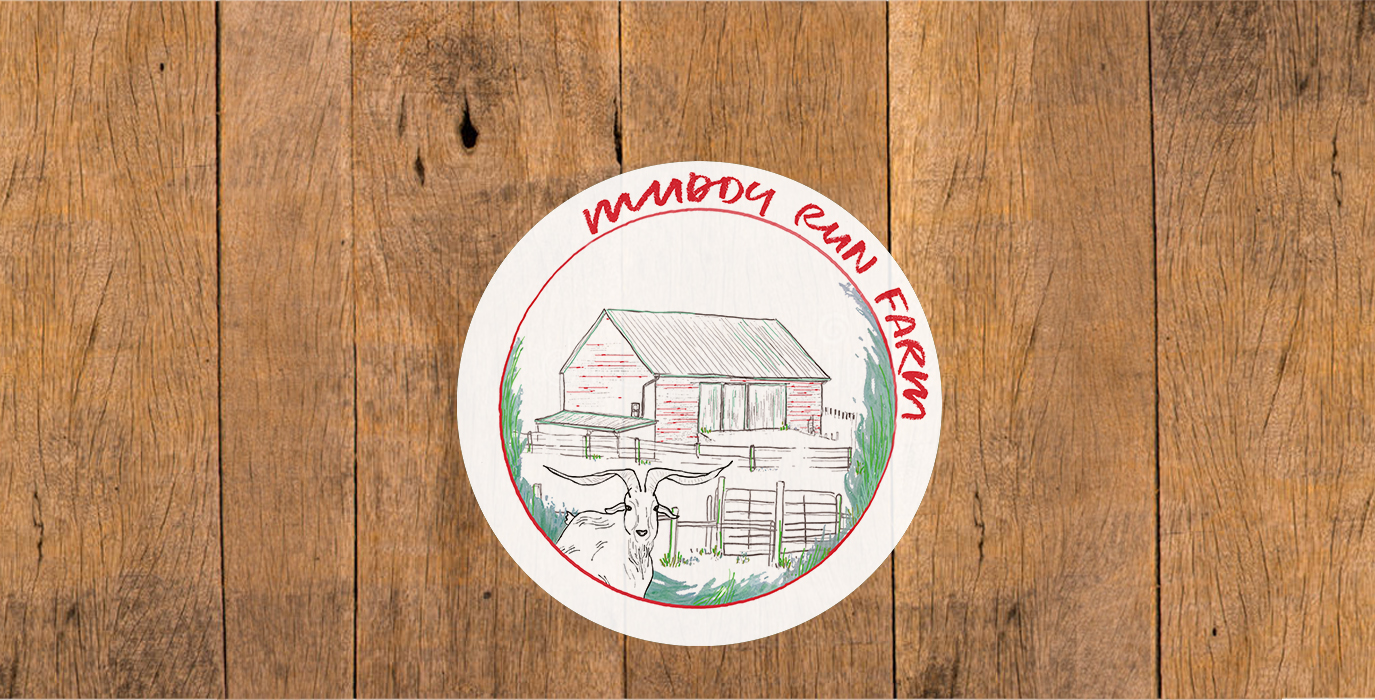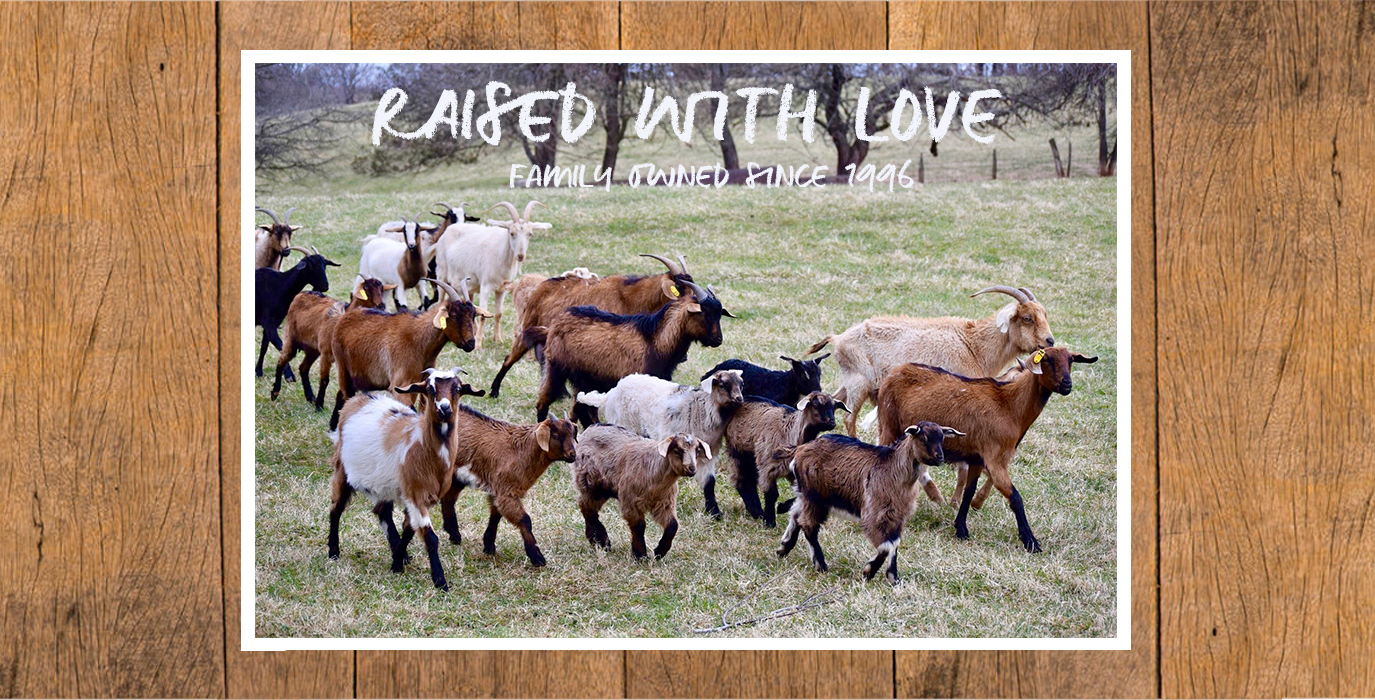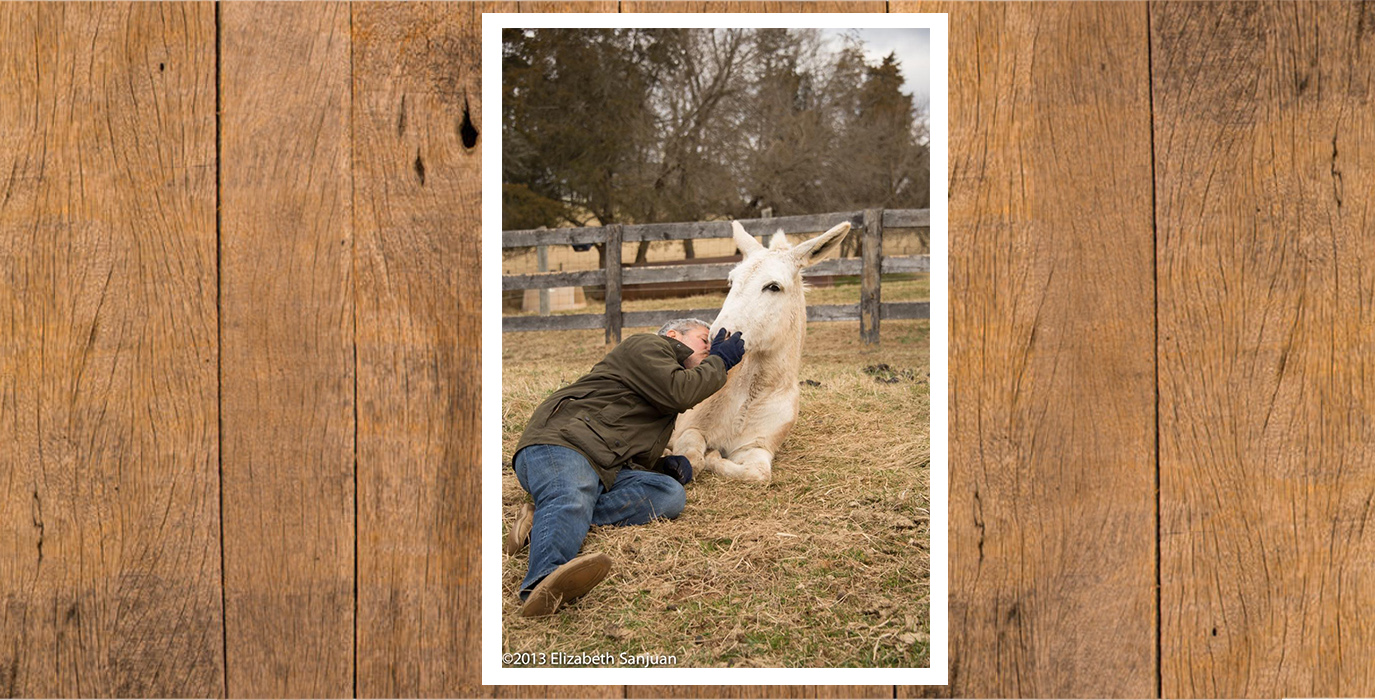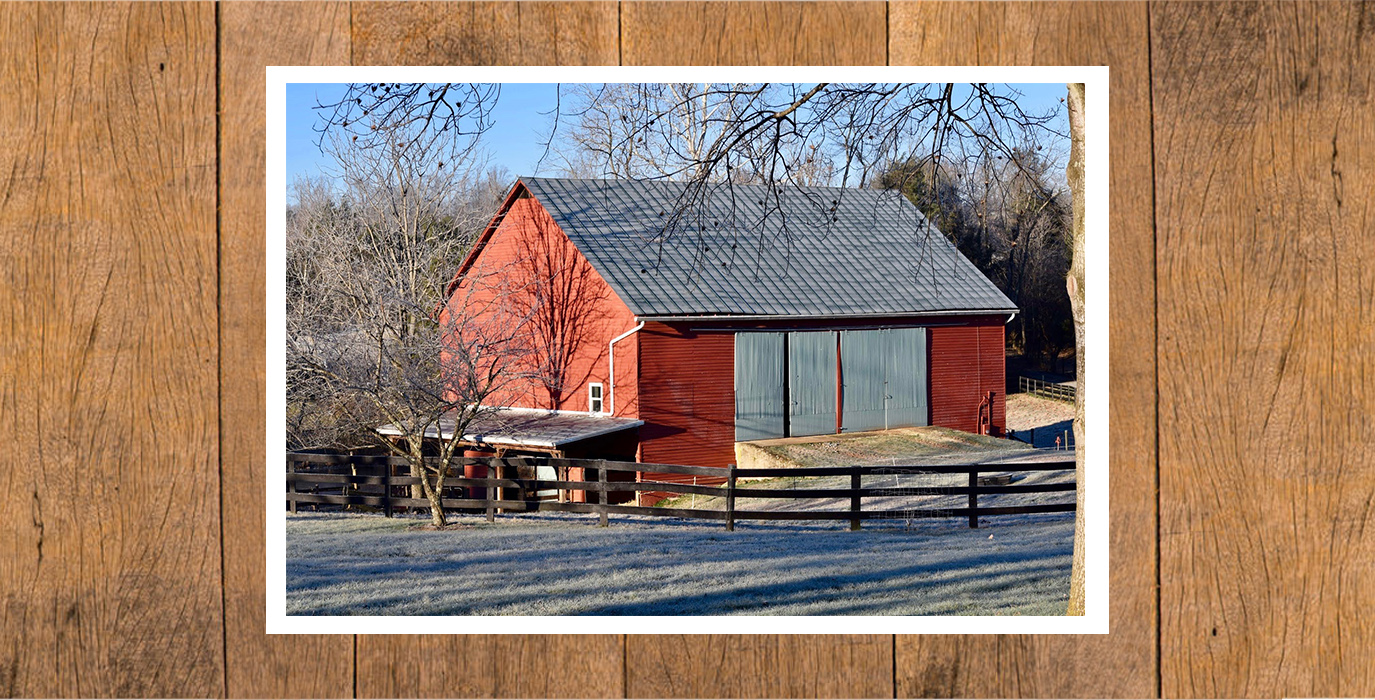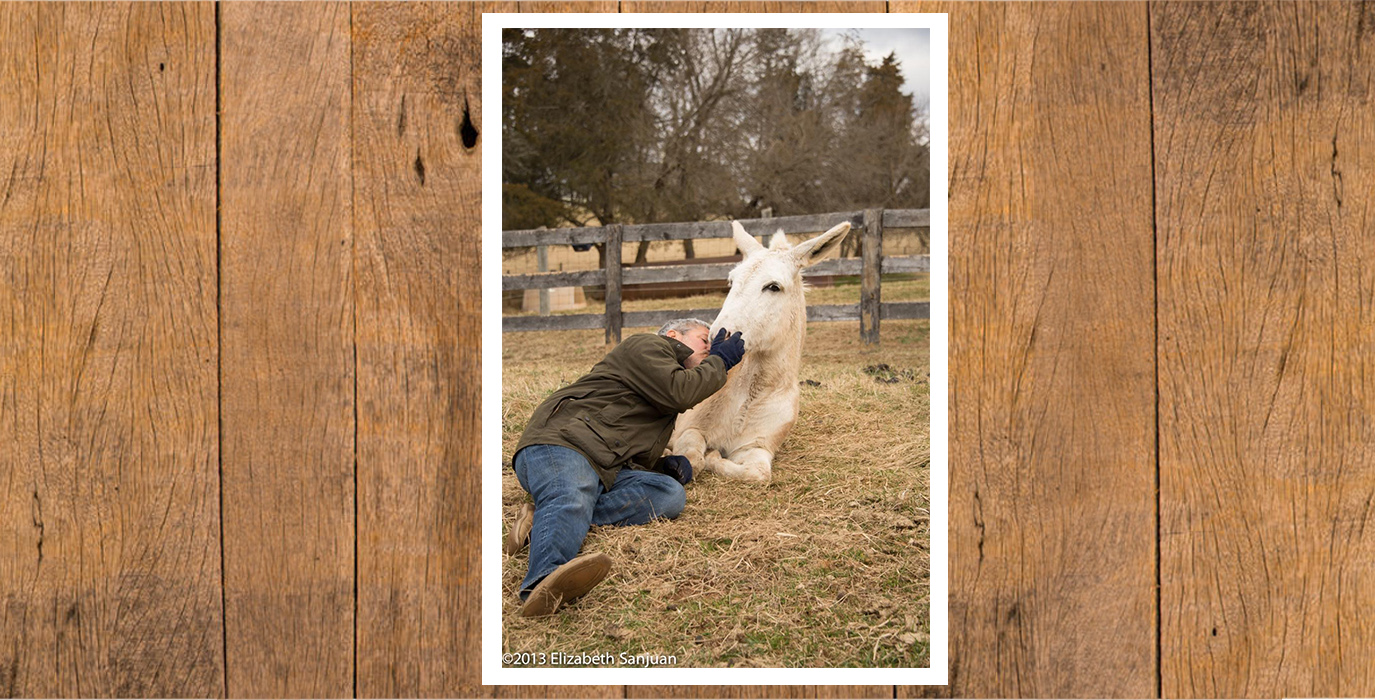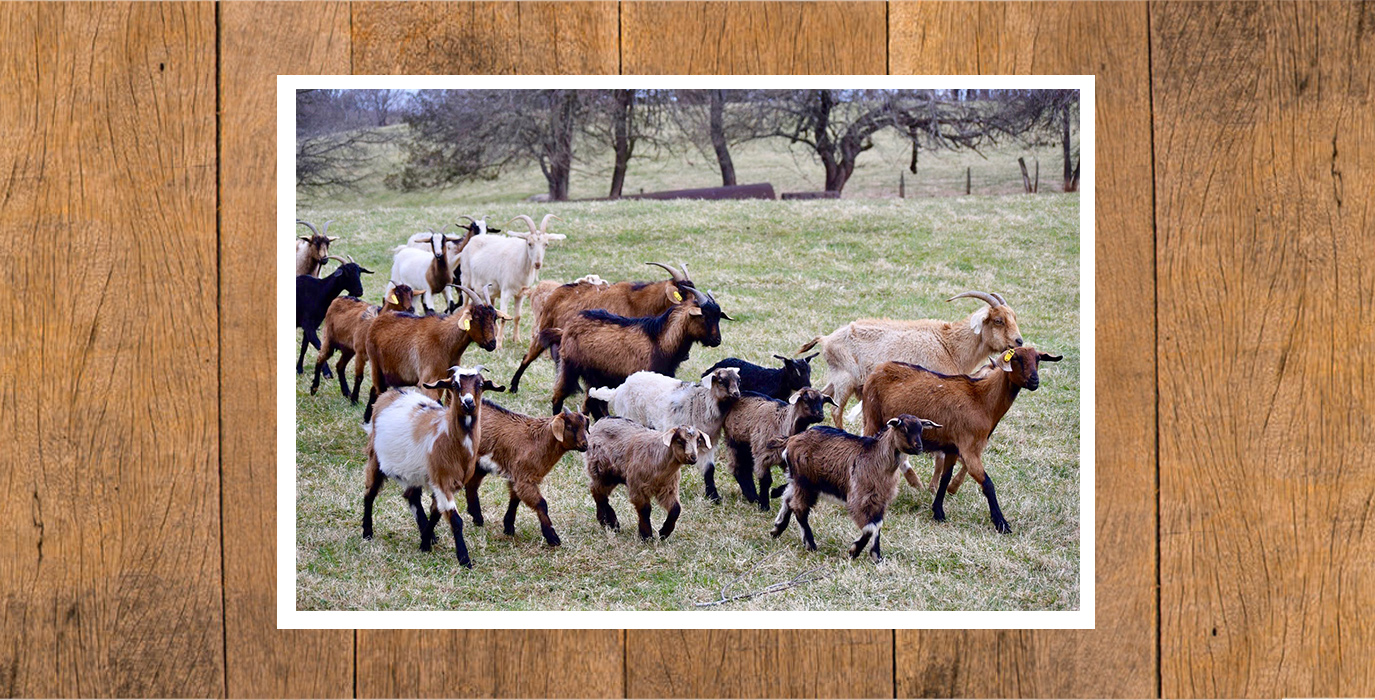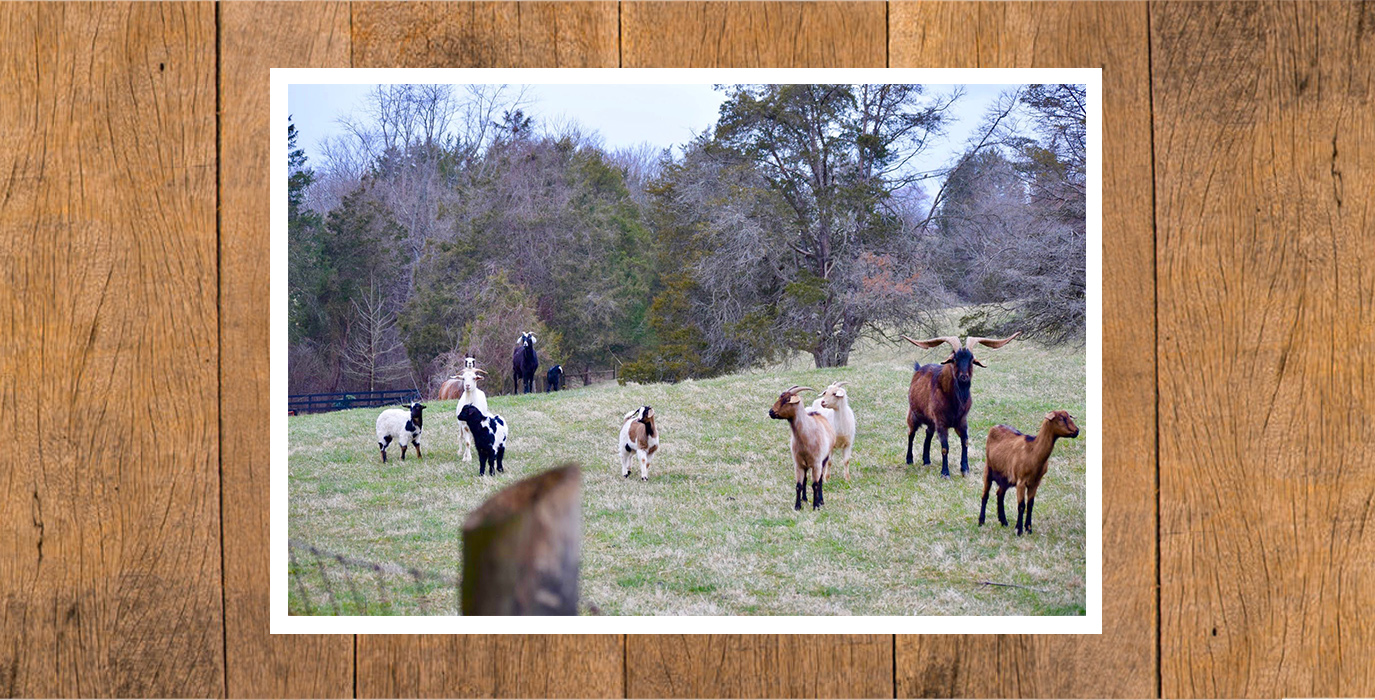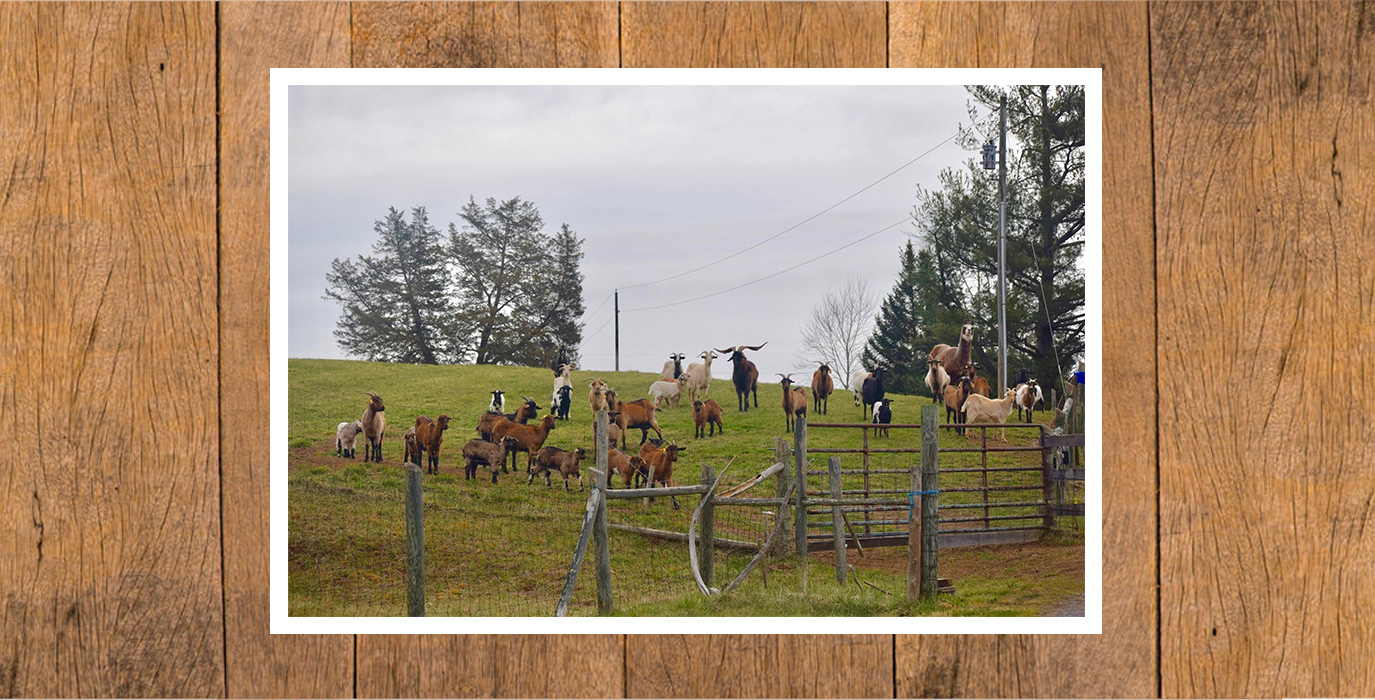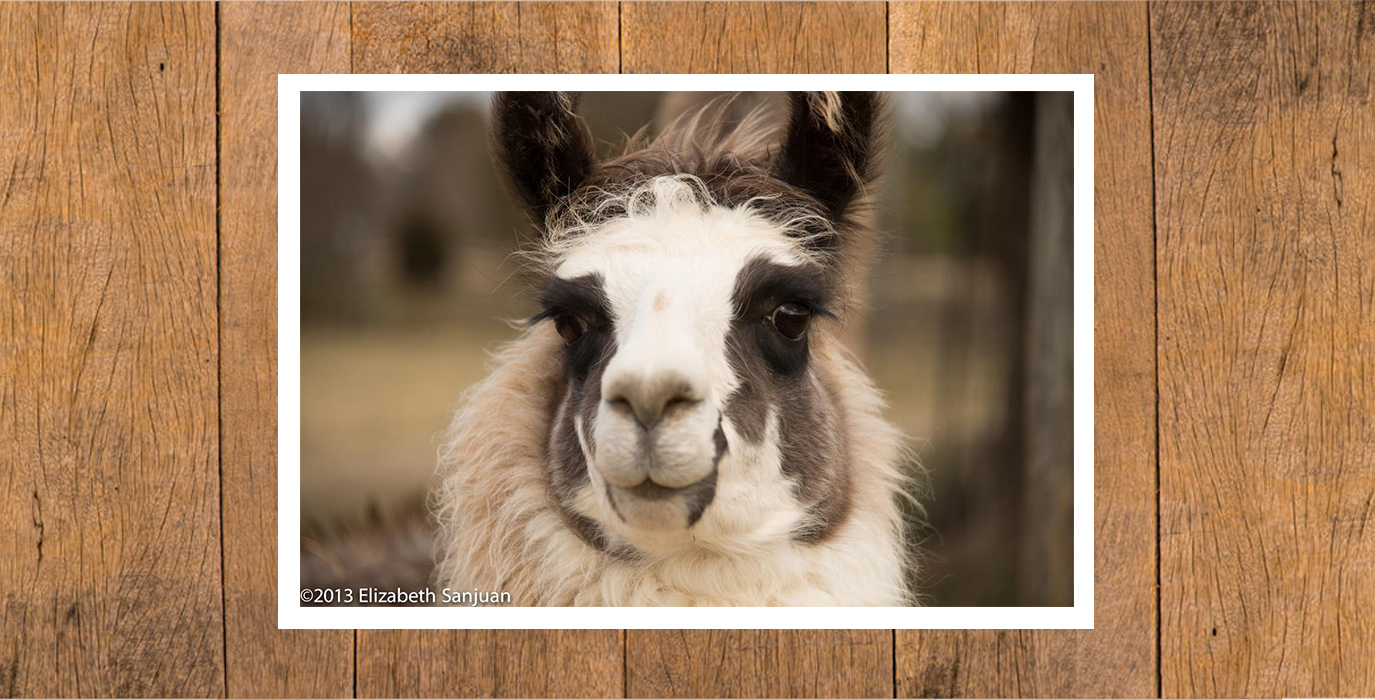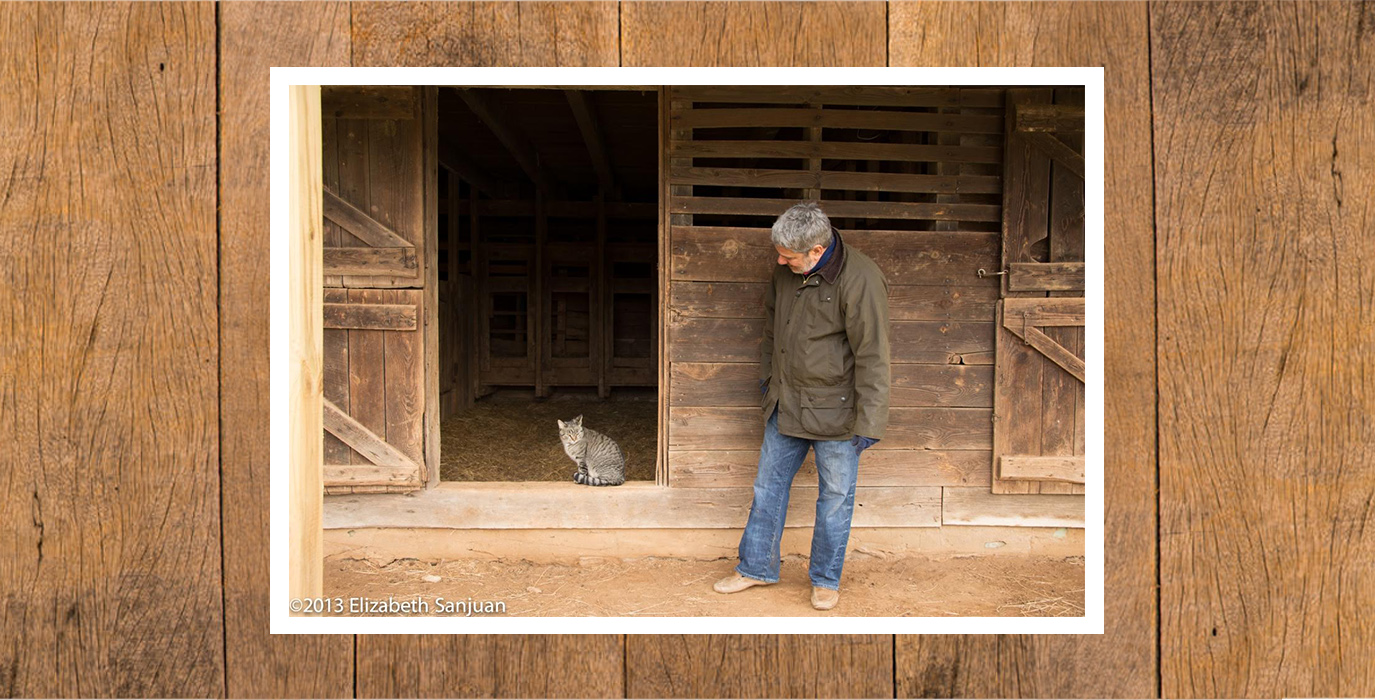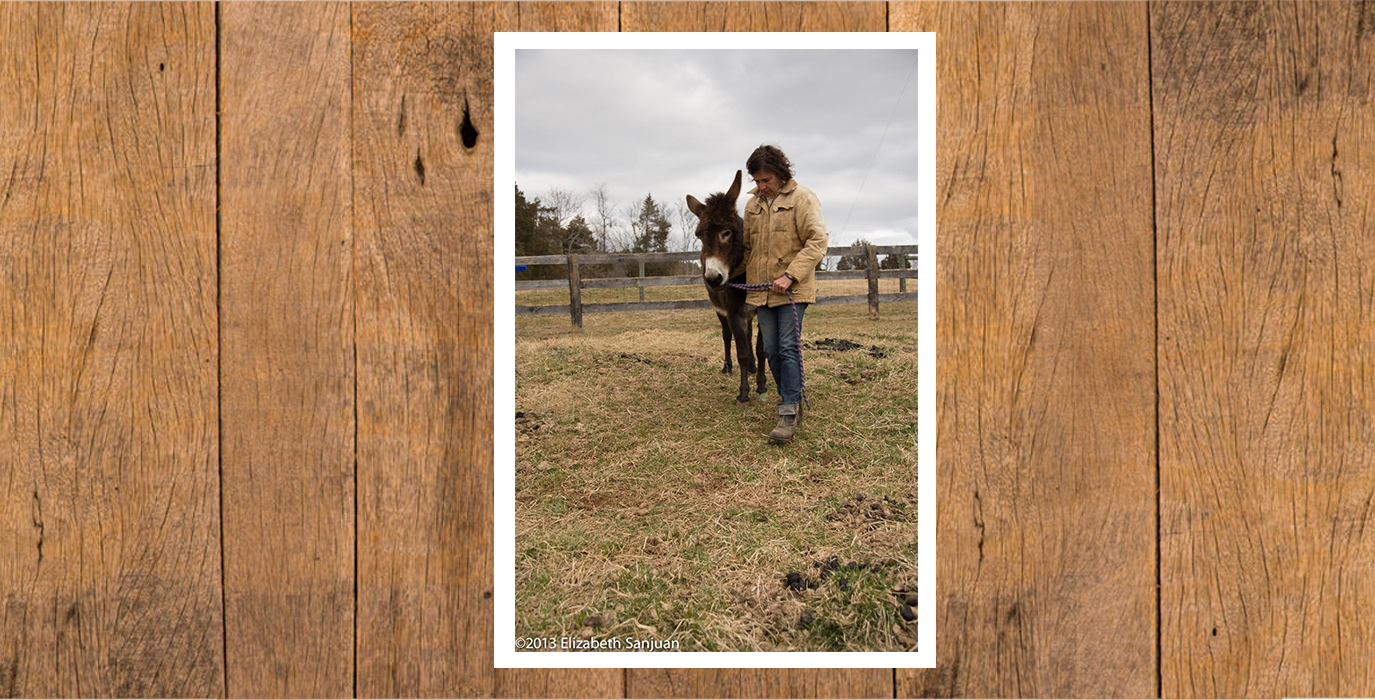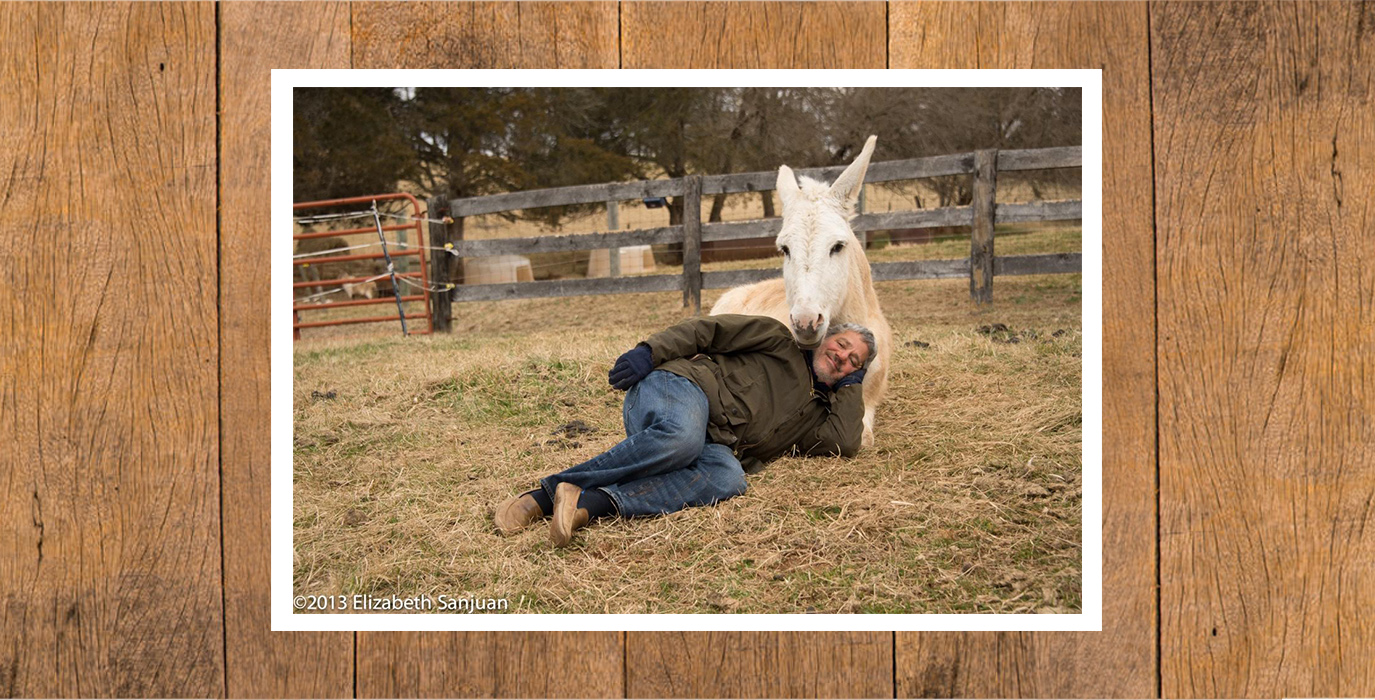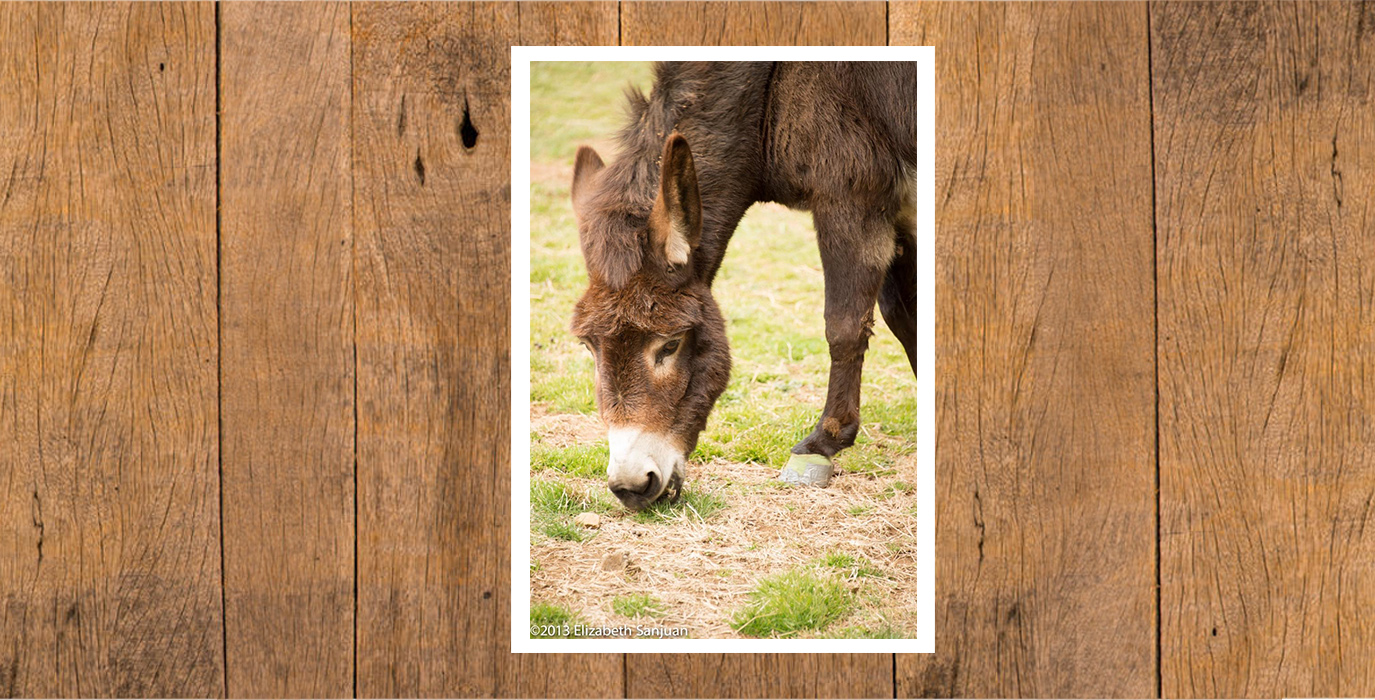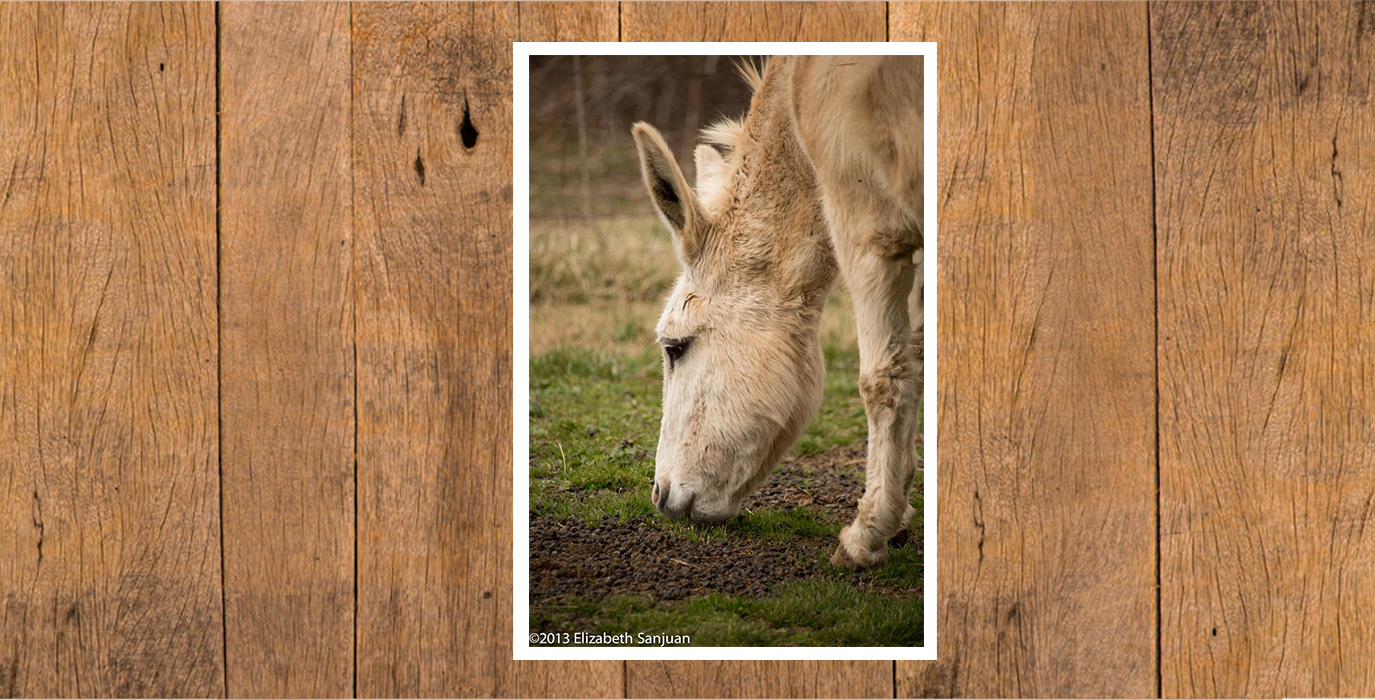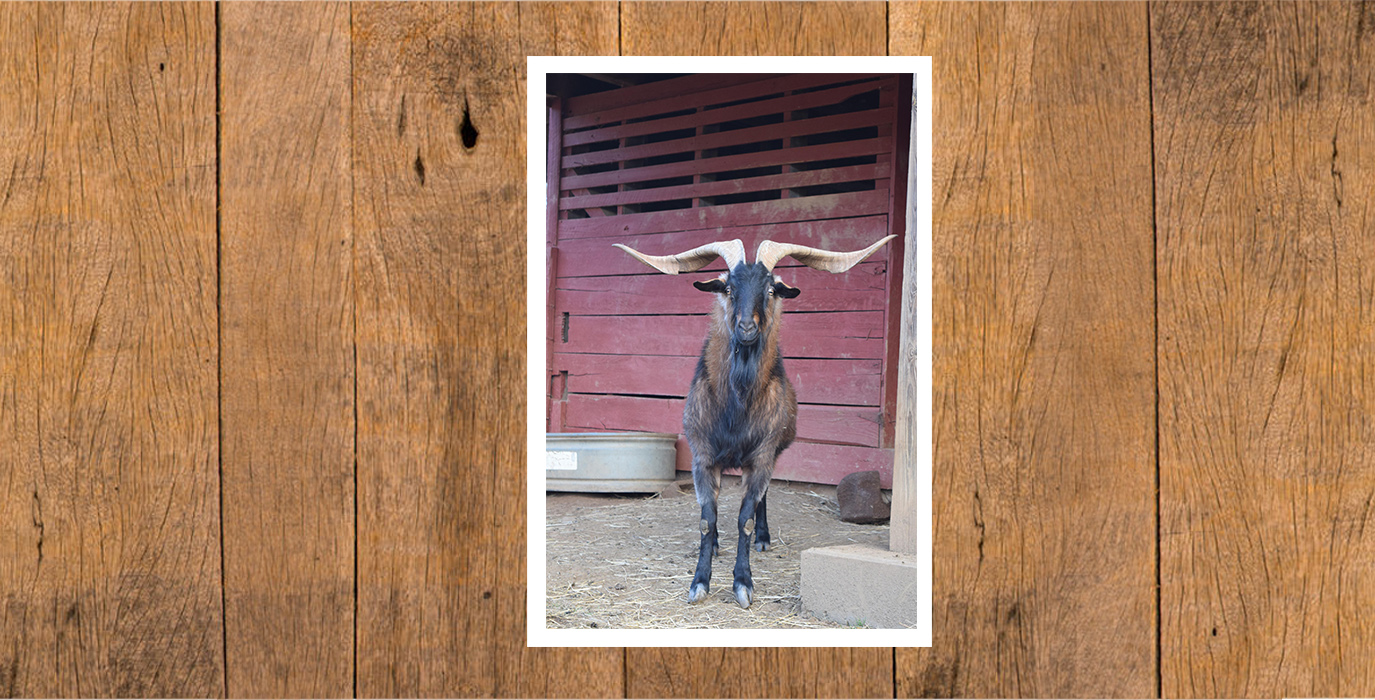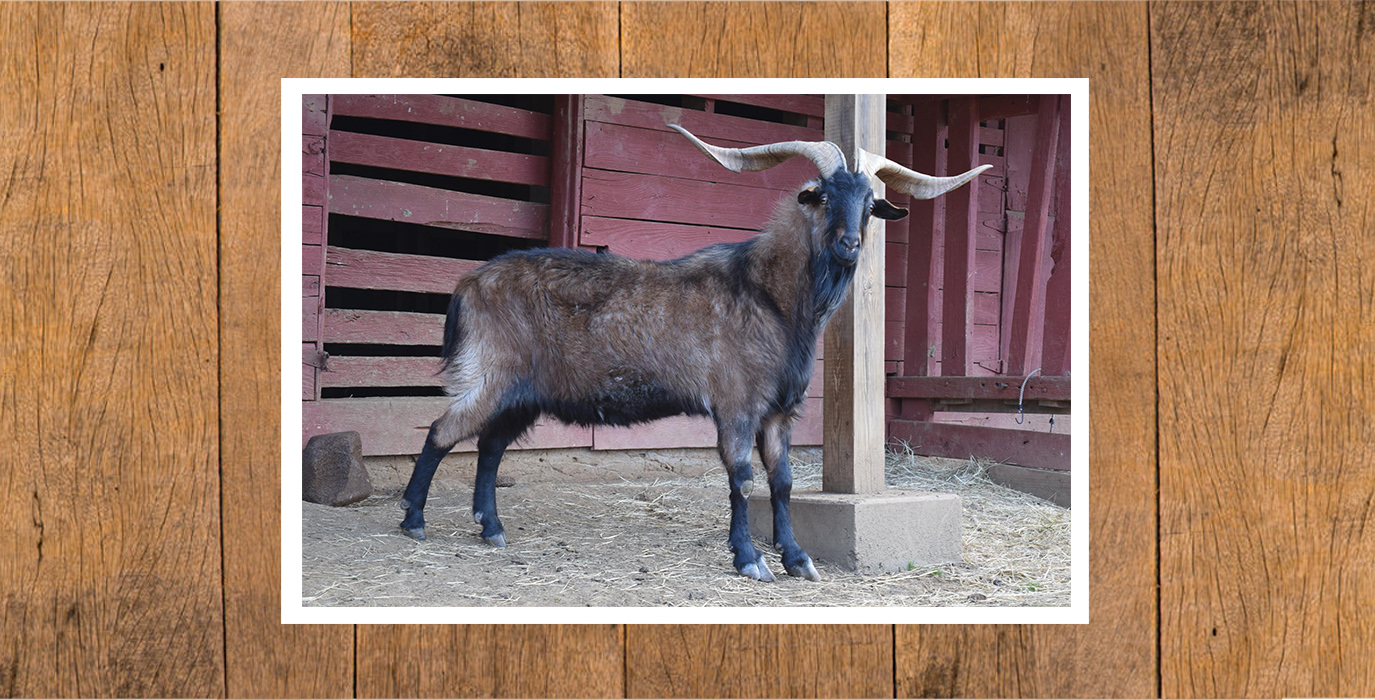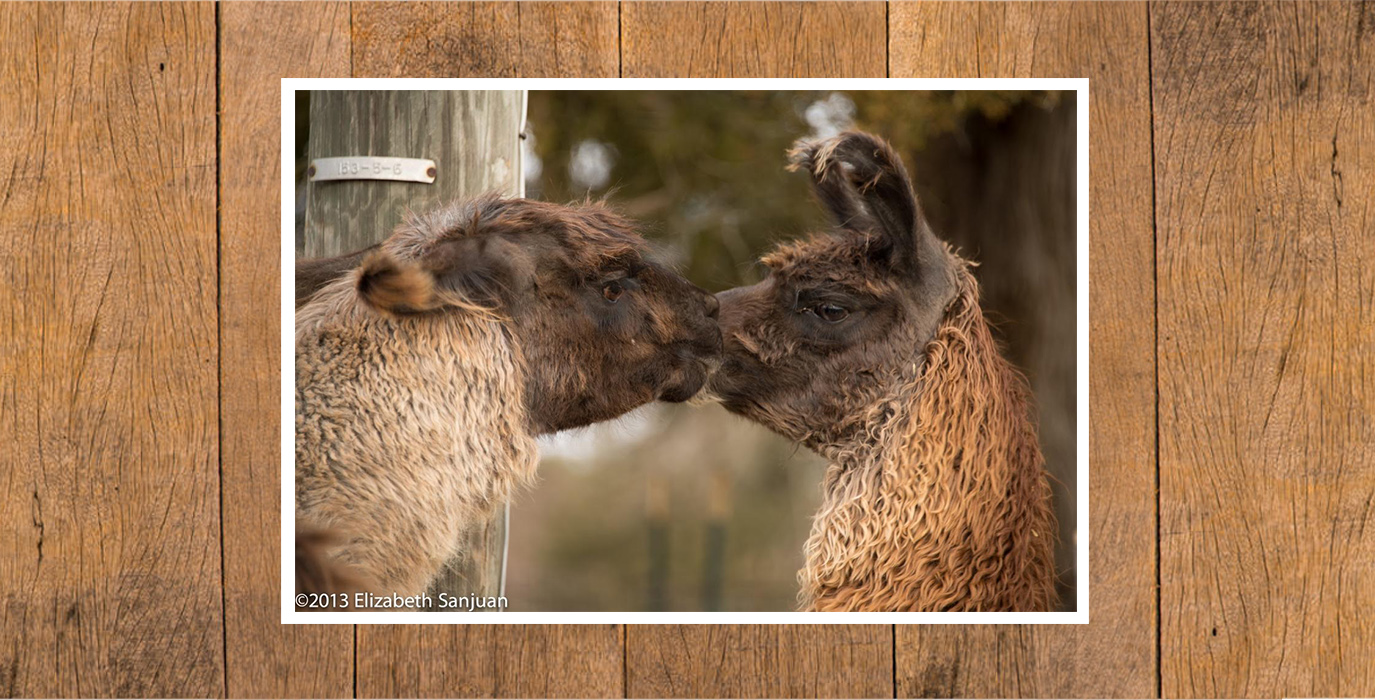Peter and Rosa were interested in conserving a heritage breed. Since Rosa is from Spain, Spanish goats seemed a natural fit! Starting in 1995, Muddy Run Farm has been breeding Spanish uninterruptedly.
Peter and Rosa researched the breed with the help of Virginia State University, who directed them to their first buck and two does from Irene Feltner, a retired Baltimore policewoman, in Stanardsville, VA. Feltner had brought the buck from Texas in 1991.
That buck was from the Valera strain. Valera is a relatively tall-standing meat goat, with big rounded shoulders and shorter, upright ears – and really big horns!
Their original Valera buck sired the herd from 1996 until his death in 2001. He was bred to a herd of Spanish goats brought to Muddy Run in 1996 from a doctor who was retiring in southwest Virginia. Peter and Rosa brought in a new Spanish buck for three years (2000–2002) to refresh the herd’s bloodline. They kept most of the original does from the original herd at the farm until their death. They then brought back in the grandson of the original Spanish Valera buck. This male and his son—who looks exactly like the original Valera buck purchased in 1996—have sired much of their present herd.
Peter and Rosa have endeavored to keep the more Spanish does bred to the bucks, maintaining their Spanish characteristics. Some of the Spanish goats most prominent traits are: high frequency of pregnancies, great maternal instincts, hardiness, and essential good health.
Goats at Muddy Run Farm have access to pasture year-round. Like most Spanish goats, Muddy Run goats are disease-free, sturdy, and long-living. The does have tight udders, avoiding the scratches and scrapes that prevent kids from nursing.
The Spanish Meat Goat Association has not been able to identify other Valera goats in Virginia. Muddy Run Farm is proud of breeding a unique bloodline.
Goat Husbandry
Goats at Muddy Run Farm have access to pasture year round. In winter the herd is provided daily with hay (from November to March) and a mixture of corn and pellets (the protein content is about 12 percent). The farm grows and bales hay onsite, which includes fescue, orchard grass, and clover. Outside the winter season, the goats are fed the mixed feed while lactating. During the summer, grain feeding is reduced and provide only occasionally just to keep the goats used to coming for food. The amounts of feed given depend on the kidding and pregnancies of the herd.
Muddy Run Farm provides mineral blocks with selenium to compensate for the low levels of selenium in Central Virginia’s soil. Salt blocks or loose salt powder are also provided free choice.
Peter and Rosa do hoof trimming approximately twice a year. If there is—and sometimes there are—any goat which needs more frequent trimming, this is done at de-worming or feeding time (when the goats are easier to catch at the feeder). The herd has not had any significant problem with hooves, which are kept trimmed and checked to avoid mud packing. Rosa is more vigilant during spring and autumn when the ground is soft.
Peter and Rosa run the buck with the does year-round as they believe it's easier to keep them all together and that the herd is happier. The majority of Muddy Run tends to kid together within a two-week period. Kidding times have been June and December, with some changes through the years. Younger goats have usually one kid; but as they mature, the goats tend to have two kids. Peter and Rosa also have some old goats that they keep for life at the farm: somebody once called it a Goat 401K. These older goats kid just as often but usually only have one kid.
